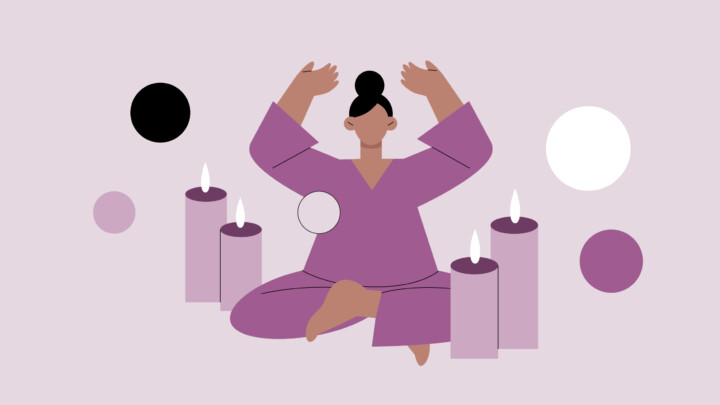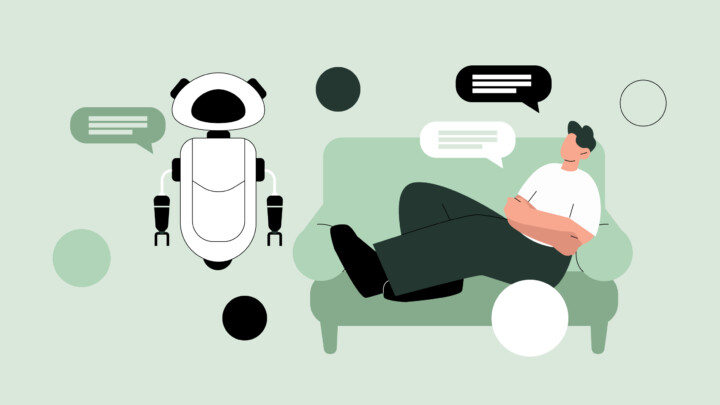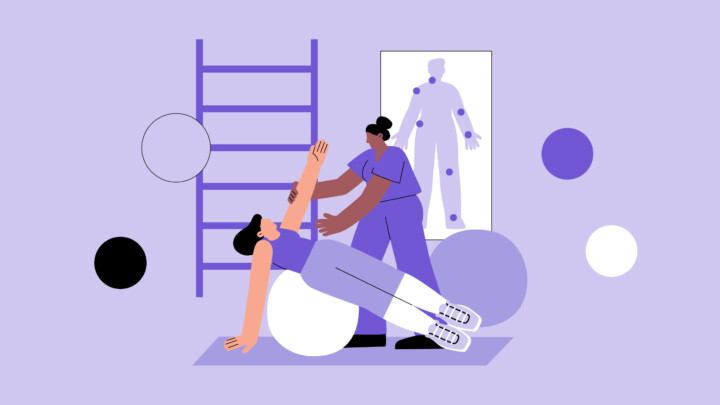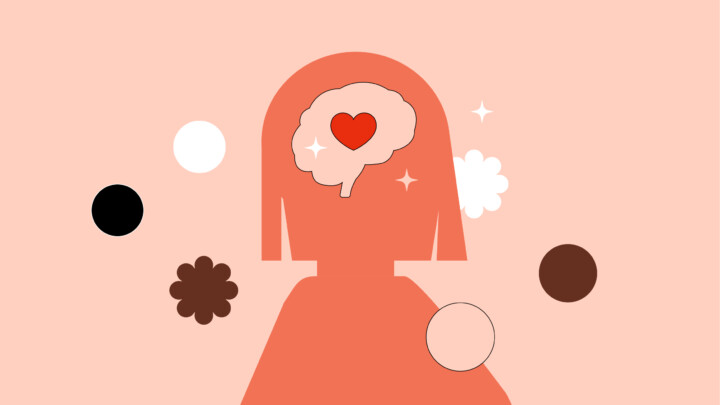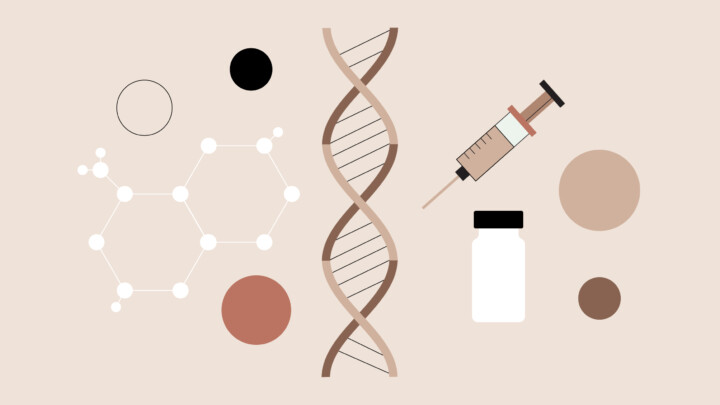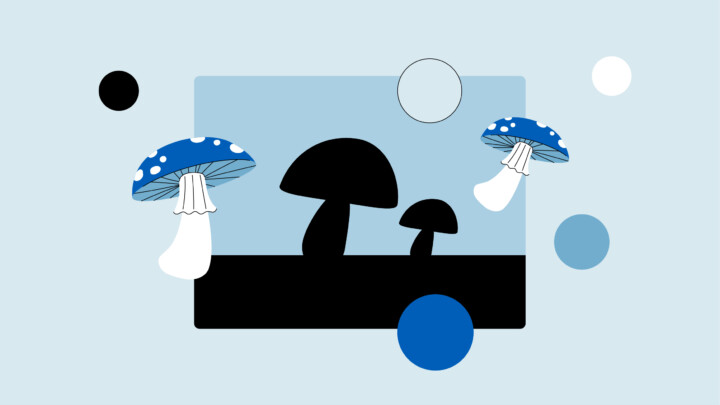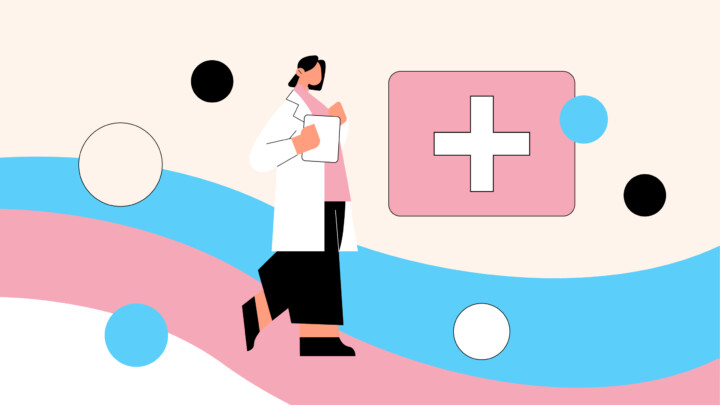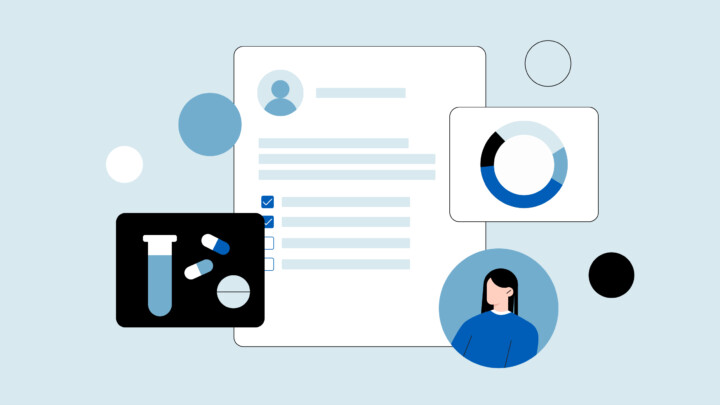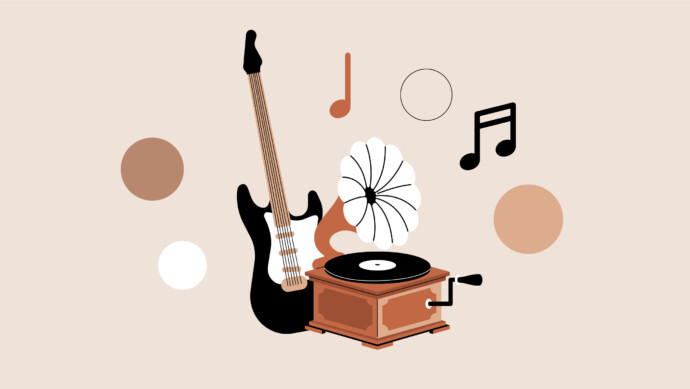
Music is a powerful medium. The right soundtrack can transform a good night into a transcendent one, lift your spirits, or evoke intense nostalgia for the past. What’s more, music now provides the foundation for an increasingly popular discipline of modern care.
Music therapy is intended to raise the physical and mental well-being of patients with various conditions. It’s not as simple as putting together the perfect playlist; music therapy is a clinical approach facilitated by a licensed professional. Read on to learn more about the merits of music therapy and how to integrate the practice into a patient’s overall healthcare strategy.
What is music therapy?
Not all use of music in a clinical setting qualifies as music therapy. Music therapy involves structured musical interventions provided by a trained music therapist as part of a therapeutic process to meet goals such as reducing stress, encouraging healing, or enhancing quality of life. In other words, it describes the personalized use of melody, lyrics or instrumentation as a therapeutic tool to encourage rehabilitation from a patient’s ailment.
If you’ve never experienced music therapy, it’s natural to compare the practice to the act of listening to music in your personal life. While music does have the capacity to soothe you in a variety of circumstances, these are two completely different activities. Music therapy is always oriented around meeting a specific, tangible goal under the direction of a licensed music therapist.
The idea that music could be a healing tool is far from a new one. The concept goes back centuries. The ancient Greek mathematician and philosopher Pythagoras prescribed music to treat various ailments well before music therapy was established as a profession post-World War II, according to one study. Music therapy can involve listening, playing, or writing to various instruments or the voice, and can be accompanied by movement or expressive writing.
Music therapy has grown significantly in recent years. According to a report from the technology consulting firm SkyQuest, the number of music therapy businesses in North America increased by 143% and 235% in Europe from 2017 to 2021.
What conditions can music therapy manage?
Patients with a variety of medical conditions may find music therapy effective. Studies suggest music therapy will be most useful for the following:
Anxiety and stress
Music therapy may help with reducing anxiety, such as in a preoperative setting. It’s a benefit that’s caught Sermo members’ attention, with the majority of respondents in an internal poll indicating that they believe music therapy’s most valuable benefit is anxiety and stress reduction.
Research shows promise. A meta-analysis found that music therapy reduced participants’ stress-related symptoms in mental healthcare and medical settings. Listening to music may reduce cortisol levels and lower heart rate to promote a greater sense of calm, according to the review.
A general practitioner on Sermo believes music’s stress-reduction benefits can be useful in and out of a healthcare setting. “Music is a pleasant way to overcome the stress of daily workload,” they write. “It helps you work harmoniously, share time with your colleagues, and can also be useful in patient rehabilitation. In the ICU, it can be used with unconscious patients, with their favorite songs to aid in their recovery,” they write.
Mood regulation
Music therapy may help with mood regulation, since music can activate a patient’s limbic system to help them become more aware of their feelings and process their emotions in a healthier manner. “Depending on the frequency, music stimulates different emotions in people, from joy, tranquility, euphoria, to sadness,” writes a GP in the Sermo community. “Therefore, its practical use in health centers should be increased.” Other members seem aligned, with 56% of poll respondents selecting mood regulation as the most valuable benefit of music therapy.
Neurological rehabilitation
Repairing cognitive function is another potential benefit of music therapy, eliciting 32% of votes in the internal Sermo poll. Research suggests that music therapy can promote neuroplasticity, improving brain connectivity and activating memory-related areas of the brain, which can be useful for patients with dementia.
An OBGYN on Sermo describes applications of music therapy. “Music is beneficial to stroke patients with aphasia… sometimes they can sing when they can’t speak,” they write. “Families of Alzheimer’s patients with good long-term memory can time travel to the decade the patient lives in, rather than constantly reorienting them. It can lead to peaceful memories for the loved ones. In patients with Parkinson’s or MS, music with a beat can help them initiate ambulation.”
Pain management
Research suggests that the benefits of music therapy can include decreased pain perception, with studies exploring its use for people with neuropathic pain, cancer pain, pain from burns or procedures or pain related to palliative care. The effects of music therapy on the brain can reverberate through the rest of your body. One byproduct of lower levels of anxiety and stress is that patients are less affected by any physical pain they are experiencing. Rhythmic music can also help patients synchronize their movements and develop their motor functions.
Palliative/end-of-life care
As music therapy becomes more accepted, practitioners are using it in more areas of healthcare. It may have a place in end-of-life treatment to help patients and their families relax during an emotionally complicated time. It’s a situation that’s impossible to fully prepare for, but some people may find peace of mind through the clinical use of music.
This may be more of a situation-dependent application, a pediatrician on Sermo argues. “Maybe approach it as palliative care [rather] than an end-of-life treatment — patients and families might be shocked and horrified if not warned about a celestial harp being set up welcoming the angels,” they write. “It depends on the individual’s culture and preference, as music is a personal decision.”
Pediatrics
Music therapy can also support the development of young children and adolescents. Personalized sessions can give kids a safe environment to explore their feelings, build their communication skills, and create a firmer foundation for their self-esteem.
How to integrate music therapy into other clinical settings
Despite music therapy’s potential, only 12% of medical professionals who took part in a Sermo poll said they regularly incorporate the practice or recommended it to their patients. (Another 26% said they do occasionally.) This may be a consequence of music therapy’s rapid growth in recent years. Some physicians may not have the formal background necessary to point individuals who would benefit most from music therapy in the right direction. Those who are interested in incorporating the therapy can become board-certified music therapists (MT-BC).
To become an MT-BC in the US, you must:
- Earn a bachelor’s degree in music therapy from a program approved by the American Music Therapy Association
- Complete 1,200 hours of clinical training, including an internship in healthcare or educational facilities
- Pass a board certification exam
Some states also require you to get a state license.
The challenges of music therapy
Music therapy isn’t a replacement for traditional treatments. It is mainly used as a component of a care plan that provides a more holistic approach to a patient’s needs. And like any method of healthcare, music therapy is not always a straightforward proposition for patients or medical professionals. Even with its increased prominence in recent years, funding and institutional support for music therapy is still lacking in many areas. As a result, therapy programs are not fully integrated into existing healthcare systems and music therapy is also often not covered by health insurance providers. Healthcare disparities remain a significant obstacle to the proliferation of emerging or alternative therapies.
If physicians are in a position to provide music therapy, there are still some potential complications to be aware of. Music’s capacity to affect a person’s mood may also lead to negative outcomes. If a song is connected to a traumatic memory, then it may trigger a negative reaction and inadvertently make a patient’s recovery more difficult. That’s why the authors of one study urge practitioners to avoid using music therapy on a consistent basis if they’re not a trained music therapist.
The takeaway
Music therapy offers a route to improving patients’ mental and physical health. A qualified music therapist can craft the right program for each patient and meet high care standards.
Sermo members are sharing their opinions and advice relating to music therapy and other emerging interventions. Our community features certified physicians from over 150 countries who discuss every aspect of the medical industry, providing personalized accounts on modern healthcare topics. Sign up for Sermo today to take part in ongoing conversations.
